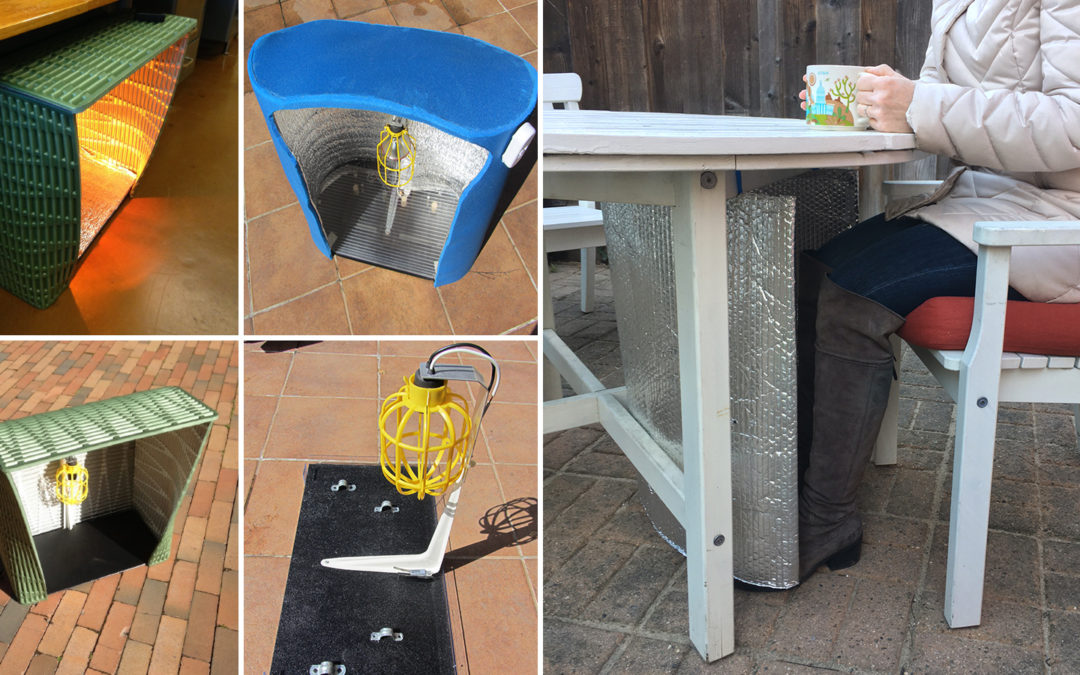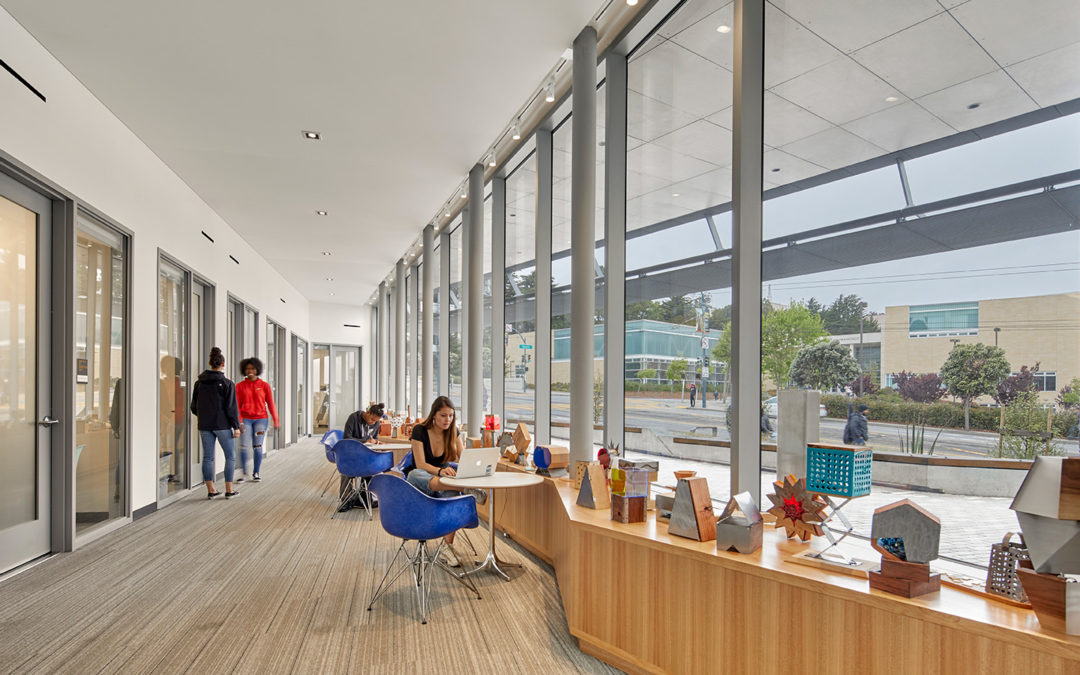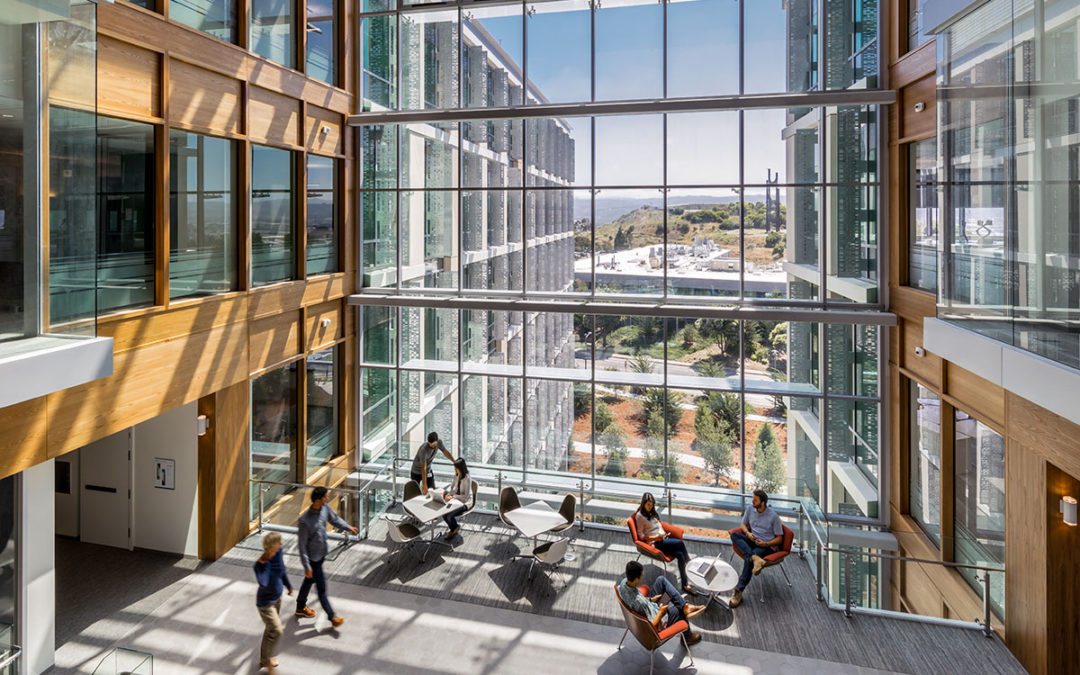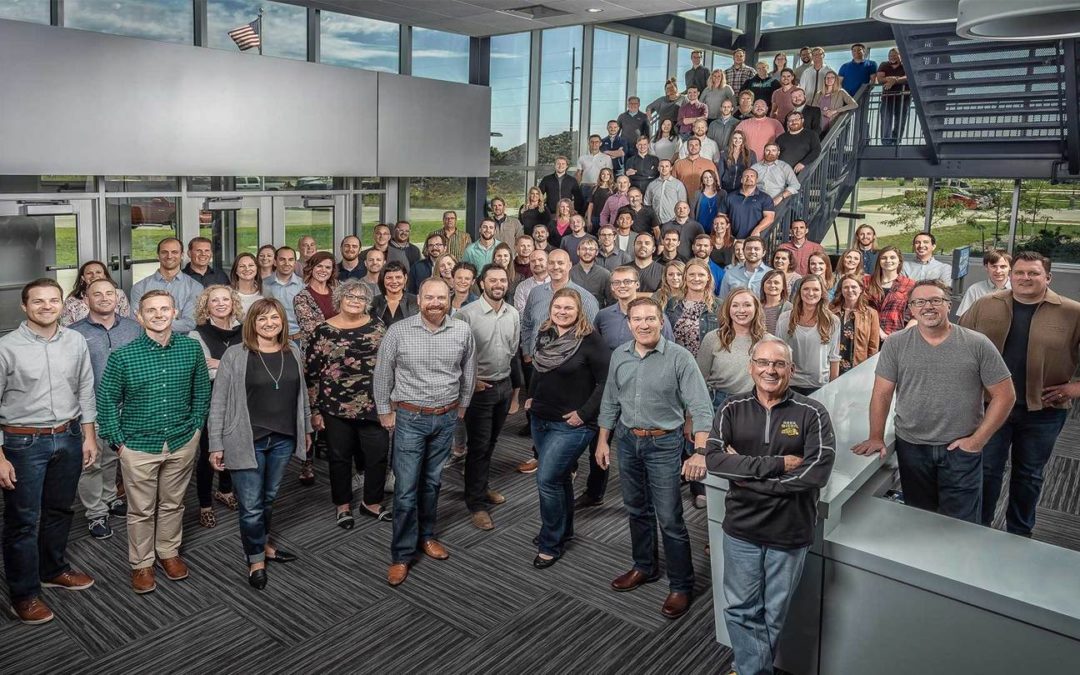
David Lehrer January 20, 2021
The Covid-19 pandemic has challenged the restaurant industry, forcing many beloved institutions to close, while many have pivoting to take-out service and outdoor dining only. While we rally to support our favorite eateries, colder climates present some serious challenges to patio dining. In this Centerline post we borrow ideas from CBE’s experience with prototyping and testing innovative and energy-efficient ways to help people comfortably dine al fresco as we get through a dark and cold pandemic winter.
More

Centerline Team December 8, 2020
As we reach the final weeks of 2020 — a year we are all happy to put behind us — we take a moment to reflect on the many challenges of the year, and also some successes made possible through the support and resilience of our industry partners and collaborators who navigated with us through truly unprecedented times.
More

David Lehrer December 7, 2020
The historic renovation and expansion of Lick-Wilmerding High School in San Francisco has been recognized as the winner of CBE’s 2020 Livable Buildings Award. The design team conducted comprehensive carbon accounting, and the project is expected to yield net positive energy performance. Conferred annually by UC Berkeley’s Center for the Built Environment, this program recognizes buildings that demonstrate ‘livability’ in terms of occupant satisfaction, sustainability and architectural design.
More

David Lehrer November 16, 2020
No aspect of a building is more visible, or holds more didactic potential, than its facade. However, what you see is not always what you get. In spite of the facade’s explicit visibility, a facade’s appearance may not reveal much about a building’s performance in terms of energy, resilience or how it impacts the health and welfare of occupants. This most visible part of a building, when it comes to performance, is an enigma. To counter this, CBE researchers are working on multiple efforts to create new facade tools and metrics, and to document examples of excellence in terms of facade performance.
More

David Lehrer September 16, 2020
Already a core part of CBE’s research team, Carlos Duarte completed his PhD dissertation earlier this year and has joined CBE as a post-doctoral researcher. We caught up with him via Zoom while the campus is still closed due to the ongoing concerns of Covid-19.
More

Edward Arens August 20, 2020
Imagine an ice cream parlor that offers only one flavor of ice cream, one chosen by scientists based on what an ‘average’ person wants. While this idea seems absurd, a similar logic has been used in establishing standards for thermal comfort in buildings. A group of CBE staff, industry partners and others have developed a revision to thermal comfort standards that acknowledges the variability in human comfort preferences.
More

Centerline Team July 14, 2020
CBE received new funding to support research in innovative control technologies that will reduce natural gas consumption in large commercial buildings, leading to paths for cost-efficient solutions having broad application including in existing buildings.
More

Centerline Team June 18, 2020
We are saddened by the deaths of George Floyd, Breonna Taylor, Ahmaud Arbery and countless other innocent Black lives at the hands of police and vigilantes. We share the outrage that has been erupting in demonstrations in all 50 states and around the world, and we recognize that systemic racism leads to unequal access to economic opportunity, health outcomes and environmental justice. As sustainability professionals, we can catalyze change by leveraging our skills as designers, builders and planners, and by striving to diversify our profession.
More

Centerline Team May 20, 2020
Joining CBE’s consortium this spring, JLG Architects has won national accolades for both its design portfolio and for its highly supportive work environment, gaining recognition as one of the ‘50 Most Admired Companies’ in America by MSN Money, as one of ‘50 Best Places to Work’ by Inc. magazine, and as ‘2019 Design Firm of the Year’ by ENR Mountain States.
More

David Lehrer May 20, 2020
CBE researchers are part of a research program on “Resilient Cooling for Buildings,” supported by an international association of governments, industry and researchers. The main objective is to support the rapid adoption of resilient, low-energy and low-carbon cooling systems for buildings. This work will also serve to help cities and communities better contend with climate-based and demand-based power outages.
More










